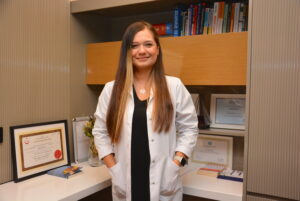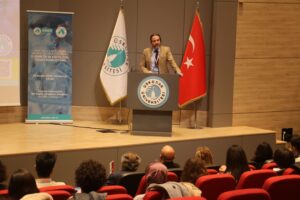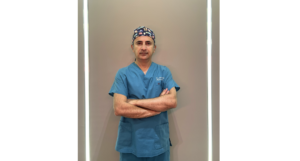
Genetik hastalardan nasıl kurtuluruz?
World developments in the treatment of cancer disease?
Cancer treatment is an area of active research and development, with new therapies and approaches being developed all the time. Some of the recent world developments in cancer treatment include:
Immunotherapy: This type of therapy uses the body’s immune system to fight cancer. It works by stimulating the immune system to recognize and attack cancer cells. Immunotherapy has shown promising results in treating a variety of cancers, including lung cancer, melanoma, and bladder cancer.
Precision medicine: Precision medicine involves using genetic testing to identify specific genetic mutations in a patient’s cancer cells. This information can be used to tailor treatment to the individual patient, potentially leading to more effective treatment with fewer side effects.
CAR T-cell therapy: This is a type of immunotherapy that involves removing T-cells (a type of immune cell) from a patient’s body and genetically engineering them to recognize and attack cancer cells. These modified T-cells are then infused back into the patient’s body to fight the cancer.
Targeted therapies: Targeted therapies are drugs that are designed to attack specific molecules or pathways that are involved in cancer growth and progression. These drugs can be more effective and have fewer side effects than traditional chemotherapy.
Liquid biopsies: Liquid biopsies involve analyzing a patient’s blood for fragments of DNA shed by cancer cells. This can provide information about the presence and characteristics of a patient’s cancer without the need for invasive tissue biopsies.
Overall, these developments and others offer new hope for cancer patients and their families. However, more research is needed to fully understand the effectiveness and safety of these treatments, and to continue developing new therapies.







